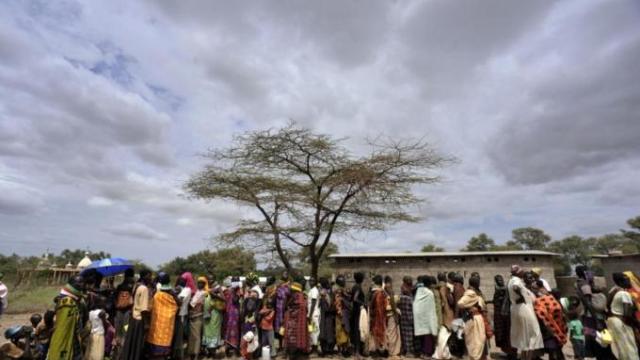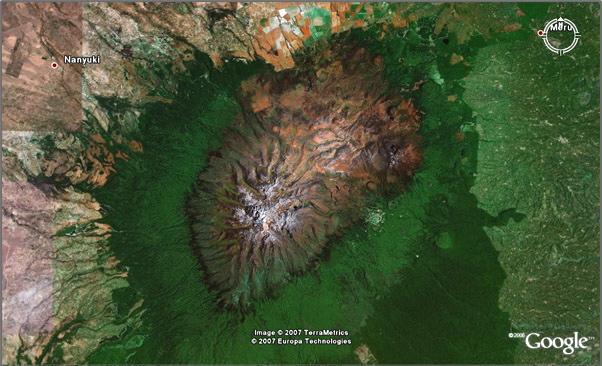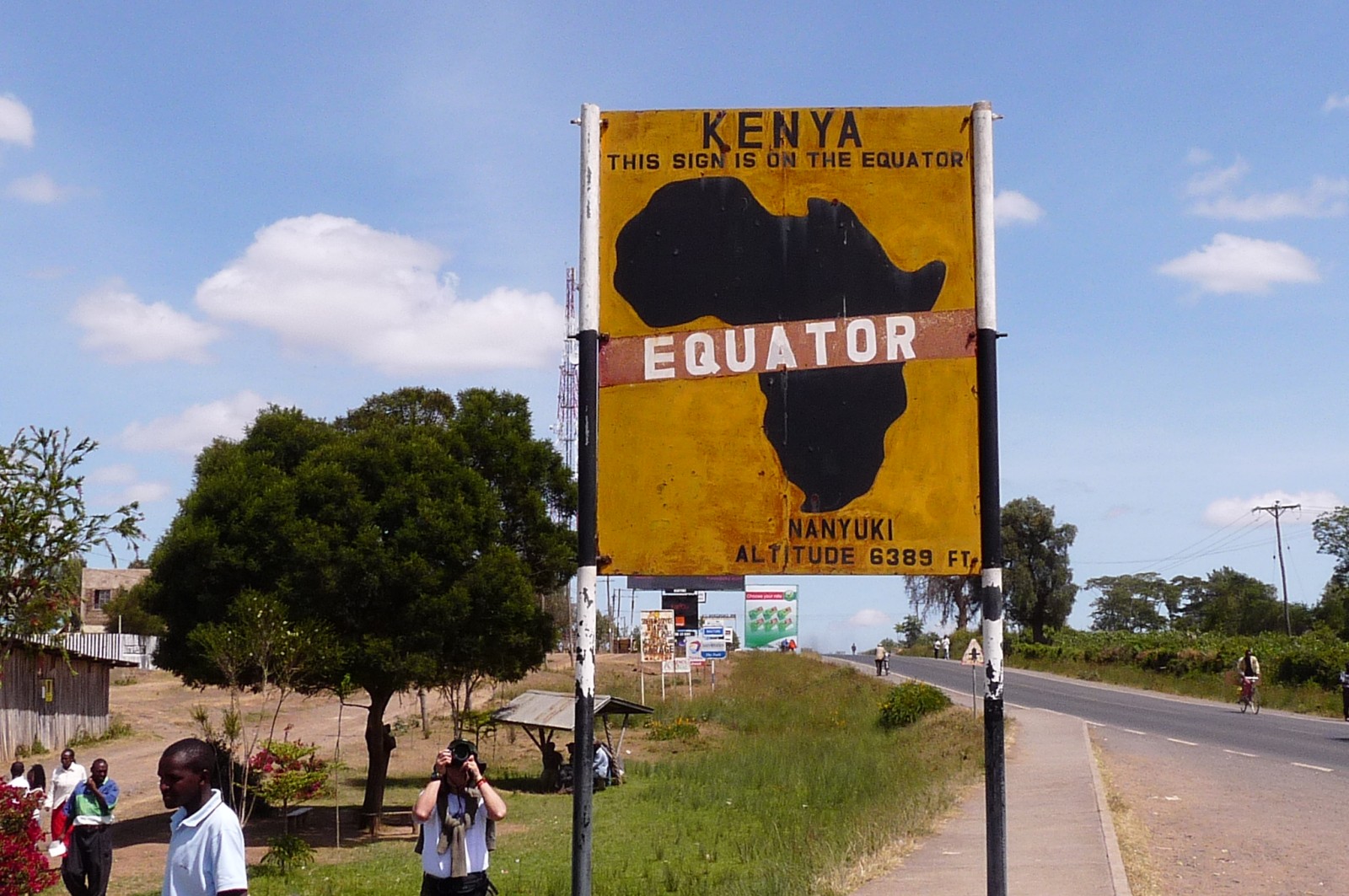
If anyone ever doubted the sheer scale of corporate greed, they had the unedifying spectacle of Tim Cook, CEO of Apple, to enlighten them last week. In already infamous evidence to a Senate Committee, he demonstrated there is no limit on what corporations will take from society. With the detachment of a sociopath, Cook said outright that he would not consider repatriating the $100 billion they have hoarded offshore if it meant paying standard U.S. corporation tax.
There is an argument to be made that this is just businesses doing what businesses do. However full of moral holes that is, it is a very common logic and unfortunately a compelling one to many politicians. This is why, if the tax-avoiding instincts of companies such as Apple - and Glencore and Google and Starbucks, in fact most large multinationals - is to be neutralized, the only thing to do is tackle the system of tax havens that makes every individual act of looting possible.
The imperative is overwhelming. Tax havens exist for one purpose only: to provide a way for the rich to get around the taxes that pay for the infrastructure and services we all - and they all - rely on. They have become, over the past 30 years, a key driver of vast inequality around the world. The system has grown so big that it is now an arterial drain on public budgets everywhere. According to James Henry, a former chief economist of management consultant giant McKinsey, somewhere between $21 and 32 trillion has been siphoned off from the mainstream economy.
The global tax haven system is a network with many parts, and the more parts, the more extensive and powerful the network. Thirty years ago there were a handful of relatively small tax havens, serving a small elite. Today, there are more than 80, and they are a parasite on the mainstream, public economy.
Finding a New Tax Haven
There is now mounting evidence that elite financial interests are planning to create a new tax haven - to add another node to the global spider web. This time it is on the African continent. If successful, this hub will be a key mechanism to extract wealth from some of the world's poorest countries.
Until now, there has not been a major tax haven in mainland Africa. Attempts have been made in the past to create one - always at the behest of huge, western financial institutions, be it Barclays' attempts in Ghana or the bungled attempts in Botswana - but we may now be looking at the most serious attempt to date. Kenya, it seems, may be in the sights of the tax haven capital of the world: the City of London.
This time the Corporation of the City of London is trying to expand its shadow economy into Kenya. The City of London and its "independent" lobbying arm, CityUK, have reportedly been conducting high-level negotiations to help the country develop as an international financial center."
This may sound like a benign and even worthwhile activity. Kenya, after all, must develop; inequality and poverty are far too high. Its progress, once the pride of Africa, has taken a severe hit in the past decade thanks to a noxious mix of bad weather, in the form of severe droughts, and bad politics, for example, the deadly violence surrounding the 2007 election. With over just under half of the population below the poverty line, and growth rates well below the continental average, becoming an "International Financial Centre" might sound like a sensible idea. But hang on, what does being "international financial center" actually mean?
When speaking to business insiders, the Kenyan authorities are clear. Alex Owino, a project manager at the finance ministry, told a meeting in the City of London in 2011 that they plan for Nairobi to become a regional "offshore" financial services hub, modelled on Ireland.
Nick Shaxson, author of Treasure Islands: Tax Havens and the Men who Stole the World, has no doubts: "Make no mistake. This is a tax haven they want to set up. International Financial Centre is a euphemism." And on their inspiration: "Ireland is a swamp of regulatory laxity, which is how they have attracted so much money. This is the business model of a tax haven: secrecy, financial regulatory laxity, tax loopholes. What is Kenya's offering going to be?"
Being the midwife of new tax havens is increasingly a feature of the City of London's offer to the world.
For a start, there is the public record of what the City of London Corporation and CityUK do as a matter of course. They regularly lobby at high levels around the world for financial liberalization, including promoting low tax zones. They do this as part of their objectives to promote U.K. financial services, presumably because U.K. financial services benefit from more low and zero tax zones by virtue of their role as "the world's biggest financial center." In other words, financial liberalization and tax havens are good for U.K. business.
Reorienting Kenya's Tax Regime
Then there is what insiders have said about the intent of the bankers in the City of London. In evidence to a British parliamentary inquiry earlier this year, two very senior former bankers said this:
"Witness Two: The U.K. does not have [withholding tax]. Hence it is mainly arbitrage on other people's tax systems. I am not saying that this is a good thing, I am just saying it is not in the U.K.
"Witness One: That is an important point. What you are seeing and what is left is exporting the avoidance. They may be sitting in London, but they are exploiting other countries' tax regimes [emphasis added]. From the U.K's point of view, you might see that things have gone fairly quiet. Whether or not that will be the case, the key is that while these people are very creative, and the good tax structures are still there, the business always has the capability to come back."
They gave their testimony anonymously, for reasons we can surely guess, but we do know that Witness One is a former employee in Structured Capital Markets at Barclays; Witness Two was Head of Debt Structuring Group at "Bank A".
And then there is the very high level attention the City of London has been paying Kenya recently. Successive Lord Mayors of London - the lobbyists-in-chief of the City's financial interests - have been in and out of the country rather a lot. Despite Kenya being just one of 43 countries in one of 50 Market Advisory Groups run by the City, it has received personal visits from Lord Mayors in 2011, 2012 and 2013.
This should be a source of intense embarrassment to David Cameron, as he uses his G8 pulpit this month to present the rich world's prescription for tackling tax evasion. Can people in the developing world have much faith in the man who not only presides over the tax haven capital of the world, but who goes to fight for the City of London on matters of taxation far more than he has ever challenged it?
Some people in Kenya are alert to the dangers. Activist groups, including our /The Rules, are running a campaign right now to try and stop the imposition of a staggering 16 percent increase in a tax on staple foods such as milk, maize and other basic necessities. They rightly object to huge tax increases on the poorest while corporate tax exemptions and theft are costing the country $1.1 billion a year. They see this as a portentous step along the path to reorienting Kenya's tax regime; a path they have good reason to believe is leading inexorably to Kenya becoming Africa's flagship tax haven.
If they are right, even more power, and Kenya's future prosperity, will rest in the hands of the global financial elite. The very same elite who caused the global financial crisis and have proven, at every turn, that their greed has no limits.
3 WAYS TO SHOW YOUR SUPPORT
- Log in to post comments













